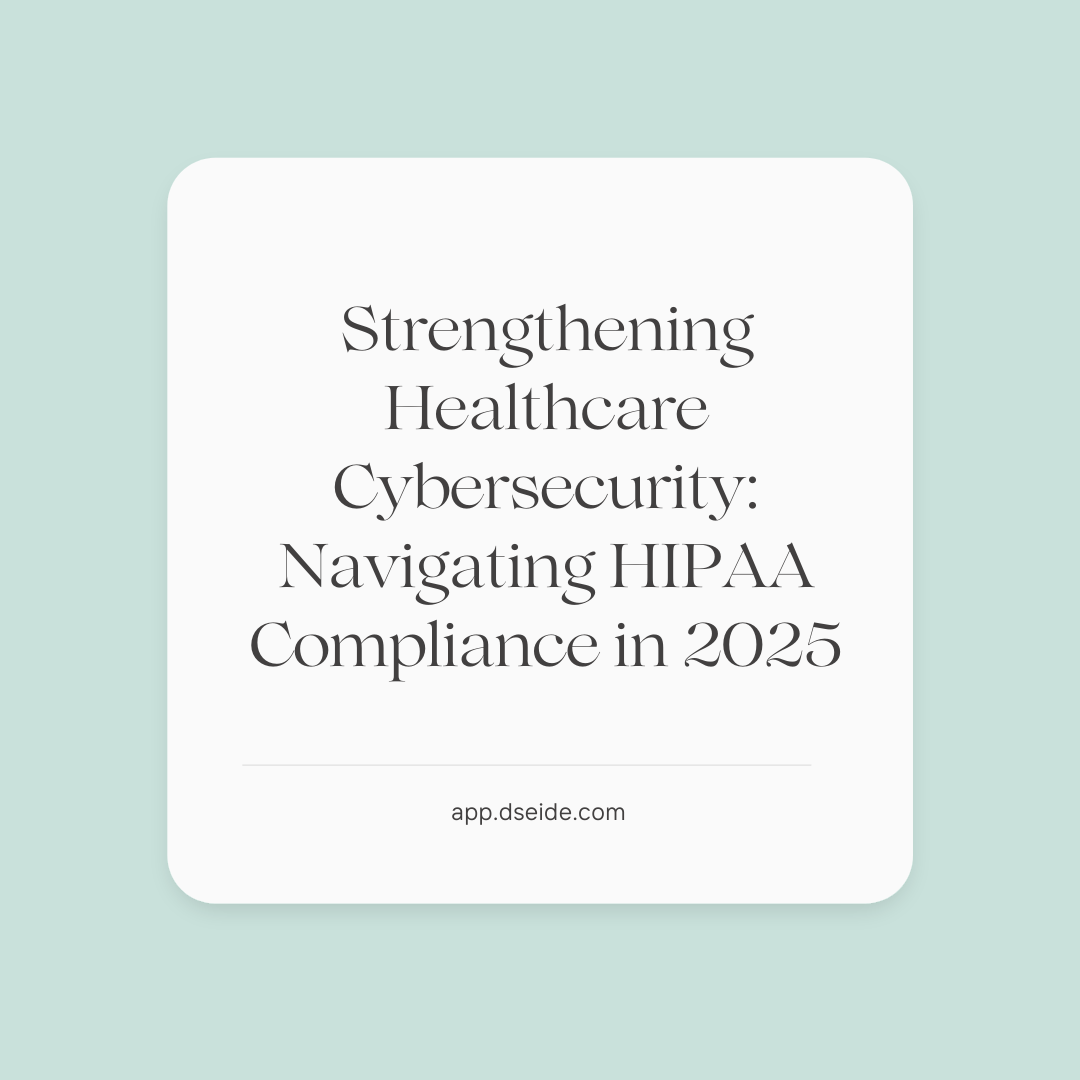Cyber threats are increasing, and the healthcare industry is the primary target, putting both patient data and business operations at risk. The Statista report highlights that cyberattacks increased from 60% in 2023 to 67% in 2024, marking the highest level ever recorded. It is essential for all organizations to build strong data security to protect patients’ personal sensitive information and adhere to data privacy compliance.
Here are some of the recent attacks that highlight the importance of why you need to protect your patient’s healthcare information:
Nearly 190 million individuals lost their data from the recent ransomware attack on the United Health Group, resulting in a financial loss of over $3 billion.
Another incident happened with the 2021 Scripps Health, where the ransomware attack caused a monetary loss of $113 million.
Security and compliance are no longer an option for the healthcare industry. You need to implement the right security measures that can proactively monitor your patient’s sensitive healthcare information and protect your business from any kind of disruption.
In 1996, the U.S. Congress introduced Healthcare Insurance Portability and Accountability (HIPAA) compliance standards to ensure the portability of health insurance coverage and protect the privacy and security of patient health information. Since then, HIPAA has continuously evolved to keep pace with technological advancements and emerging cybersecurity threats. The recent updates to HIPAA 2025 aim to strengthen cybersecurity protection for electronic protected health information (ePHI).
Source- Happiestminds
#HealthcareCybersecurity #HIPAAComplianc #Cybersecurity2025
#DigitalHealthSecurity #DataPrivacy #HealthTech
Here are some of the recent attacks that highlight the importance of why you need to protect your patient’s healthcare information:
Nearly 190 million individuals lost their data from the recent ransomware attack on the United Health Group, resulting in a financial loss of over $3 billion.
Another incident happened with the 2021 Scripps Health, where the ransomware attack caused a monetary loss of $113 million.
Security and compliance are no longer an option for the healthcare industry. You need to implement the right security measures that can proactively monitor your patient’s sensitive healthcare information and protect your business from any kind of disruption.
In 1996, the U.S. Congress introduced Healthcare Insurance Portability and Accountability (HIPAA) compliance standards to ensure the portability of health insurance coverage and protect the privacy and security of patient health information. Since then, HIPAA has continuously evolved to keep pace with technological advancements and emerging cybersecurity threats. The recent updates to HIPAA 2025 aim to strengthen cybersecurity protection for electronic protected health information (ePHI).
Source- Happiestminds
#HealthcareCybersecurity #HIPAAComplianc #Cybersecurity2025
#DigitalHealthSecurity #DataPrivacy #HealthTech
Cyber threats are increasing, and the healthcare industry is the primary target, putting both patient data and business operations at risk. The Statista report highlights that cyberattacks increased from 60% in 2023 to 67% in 2024, marking the highest level ever recorded. It is essential for all organizations to build strong data security to protect patients’ personal sensitive information and adhere to data privacy compliance.
Here are some of the recent attacks that highlight the importance of why you need to protect your patient’s healthcare information:
Nearly 190 million individuals lost their data from the recent ransomware attack on the United Health Group, resulting in a financial loss of over $3 billion.
Another incident happened with the 2021 Scripps Health, where the ransomware attack caused a monetary loss of $113 million.
Security and compliance are no longer an option for the healthcare industry. You need to implement the right security measures that can proactively monitor your patient’s sensitive healthcare information and protect your business from any kind of disruption.
In 1996, the U.S. Congress introduced Healthcare Insurance Portability and Accountability (HIPAA) compliance standards to ensure the portability of health insurance coverage and protect the privacy and security of patient health information. Since then, HIPAA has continuously evolved to keep pace with technological advancements and emerging cybersecurity threats. The recent updates to HIPAA 2025 aim to strengthen cybersecurity protection for electronic protected health information (ePHI).
Source- Happiestminds
#HealthcareCybersecurity #HIPAAComplianc #Cybersecurity2025
#DigitalHealthSecurity #DataPrivacy #HealthTech




